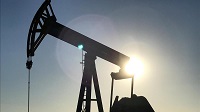Plastic petrochemicals carbon fibre 22-12-2018 - Arhive
-Packaged beverage makers and their plastic addiction
Unfortunately, packaged drink manufacturers appear to be doubling down on plastic instead of transitioning away from it. Packaged beverage plastic addiction
Packaged beverage makers have developed an addiction to plastic (especially polyethylene terephthalate [PET]), an indestructible material derived from fossil fuels that currently accounts for over 70% of all drink packages in markets like the UK, but also constitutes a disproportionate share of solid waste fouling the world’s oceans and shores.
Can packaged beverage manufacturers break this addiction and head off a public backlash against plastic waste? Or will they continue to embrace plastic?
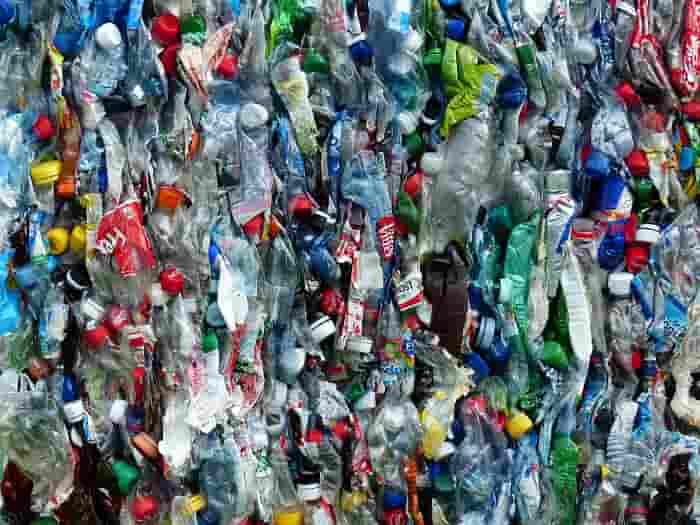
-Trade and political tensions curb 2019 enthusiasm for chemicals
Europe’s chemical industry is facing headwinds in terms of domestic and export demand growth and is not overly optimistic for 2019.
Output is projected to have declined this year, by 0.5%, and is forecast by trade group Cefic to rise by the same amount in 2019.
Demand is likely to be somewhat stronger year on year in Europe’s automotive, agriculture and construction sectors following a difficult 2018 in which northwest Europe producers particularly have been hit by logistics problems on the River Rhine and the downturn in automobile production.
Cefic is cautiously optimistic that there can be some claw-back based on expected manufacturing industry growth although it is clear that business sentiment has deteriorated in recent months.

-Alpla and Texplast bolster PET recycling partnership
Alpla and Texplast have intensified their PET recycling partnership by adding a new €4.5 milllion extrusion line at Texplast’s Wolfen site in Germany, which will increase the recycling capacity for food‐safe PET regranulate by 15,000 tonnes each year.
The new line will be the third extrusion line at the FROMM Plastics subsidiary’s Wolfen site, and will increase annual recycling capacity at the site to 27,000 tonnes of PET regranulate annually.
The new extrusion line is expected to become operational in 2019.
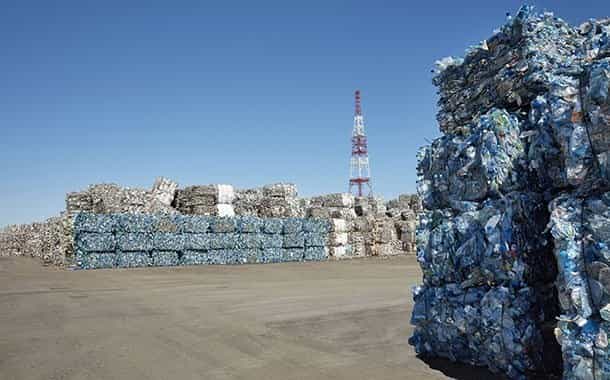
-Motiva seeks incentives for cracker, benzene/PX plant on US Gulf
Motiva Enterprise may build a new cracker and aromatics project at its refinery complex on the US Gulf Coast, according to documents it filed with the Texas state government.
PE is used to make bags. (Photo credit: Dinendra Haria/REX/Shutterstock)
Both projects would be world scale, and Motiva would build them at its complex in Port Arthur, Texas, Motiva said in a Chapter 313 application it filed with the Texas Comptroller of Public Accounts.
Such applications provide companies with tax incentives if they are approved by the state.
Motiva did not specify the capacity of the projects.
In a statement, the company said that it may make a final investment decision (FID) by the end of 2019.
Construction on the ethylene plant could start in the first quarter of 2020 and operations could start in the fourth quarter of 2022, Motiva said. The company could invest $4.68bn on it.
Based on an earlier announcement, the ethylene plant would rely on mixed feeds.

-Making new ‘plastic’ from plants and prawn shells
SUTD researchers develop 3D printable material that is biodegradable, sustainable
Could prawn shells be the new plastic?
Plastic is now everywhere and virtual indispensable in our daily lives, but it is polluting the earth. However, its widespread use may one day be replaced by eco-friendly options.
One such material is Flam (fungal-like adhesive material), a fully biodegradable and ecologically sustainable material made from cellulose and chitin – basically, plant matter and prawn shells.
Researchers at the Singapore University of Technology and Design (SUTD) have grown this 3D printable material, which is cheap, tough and lightweight.
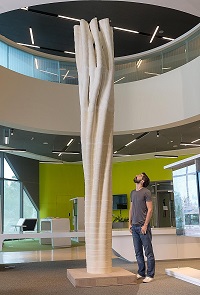
-Indorama boosting its presence in PET barrier technology
Indorama Ventures Public Co. Ltd. (IVL) is acquiring Invista Resins & Fibers GmbH, a maker of high value-added PET, from parent company Invista, to reinforce its intellectual property rights for specialty PET resins globally.
Based in Gersthofen, Germany, the PET business has a combined capacity of 282 kilotonnes per annum (ktpa) and employs 140.
The acquisition complements IVL’s 308 million euro ($350 million) takeover of Invista’s PET polymer and resin manufacturing facilities in Spartanburg, S.C., and Querétaro, Mexico, in 2011.
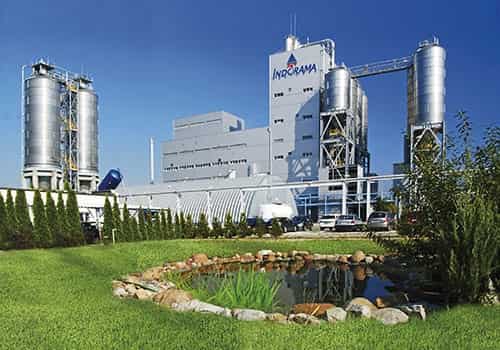
-EU expands WTO case against China’s alleged forced technology transfers
European Union challenging laws that regulate the approval of investments for electric vehicles and biotechnology and the approval of joint ventures across sectors
Beijing has The European Union expanded its challenge against China at the World Trade Organisation over laws it says force the transfer of technology in areas including electric vehicles and crop seeds.
The European Commission, which oversees trade policy in the 28-member European Union, said on Thursday it was significantly broadening and deepening the scope of its World Trade Organisation (WTO) action against China. previously said such transfers that concern the European Commission are voluntary and not forced

-ICIS Survey: 58.2 per cent of PET bottles collected in 2017
Out of 3.308.300 tonnes of PET bottles placed in the European market in 2017, 58.2 per cent – in total 1.923.100 tonnes (+2.9 % compared to 2016) – were collected.
This conclusion comes from the Annual Survey on the European PET Recycle Industry, conducted by ICIS and commissioned by Petcore Europe. “PET collection and recycling rates are exceptional in the plastics packaging industry which shows the important role of the material in the Circular Economy,” summarizes Christian Crépet, Executive Director of Petcore Europe.
Collection rates vary significantly across regions
From highs of 90-95 per cent in countries like Germany and Finland to less than 30-40 per cent in Mediterranean countries or central eastern European countries the collection rates vary significantly. This is influenced by different methods of waste collection and sorting: Deposit return scheme, kerbside collection and collection points.
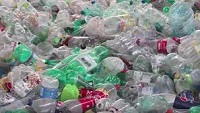
-OUTLOOK ’19: Crude oil demand to slow on tighter liquidity, higher risk of down cycle
OPEC is dead. Long live OPEC! The cartel and its leader Saudi Arabia may not have the influence they had a decade ago, but 2018 has shown, if anything, that they remained critically important to global crude prices.
OPEC producers still own an enormous part of global supply, even if Russia and the US have since caught up.
The cartel’s decision to start cutting global supply by 1.2m bbl/day from January will help the market re-balance in the first half of 2019, but it might prove insufficient afterwards.
At present, oil is stuck in a bear market and investors are concerned that record US production, now in excess of 11m bbl/day, and a skittish fuel market may drag on demand.
US oil remains the wild card in 2019, being no party to any supply agreement.
